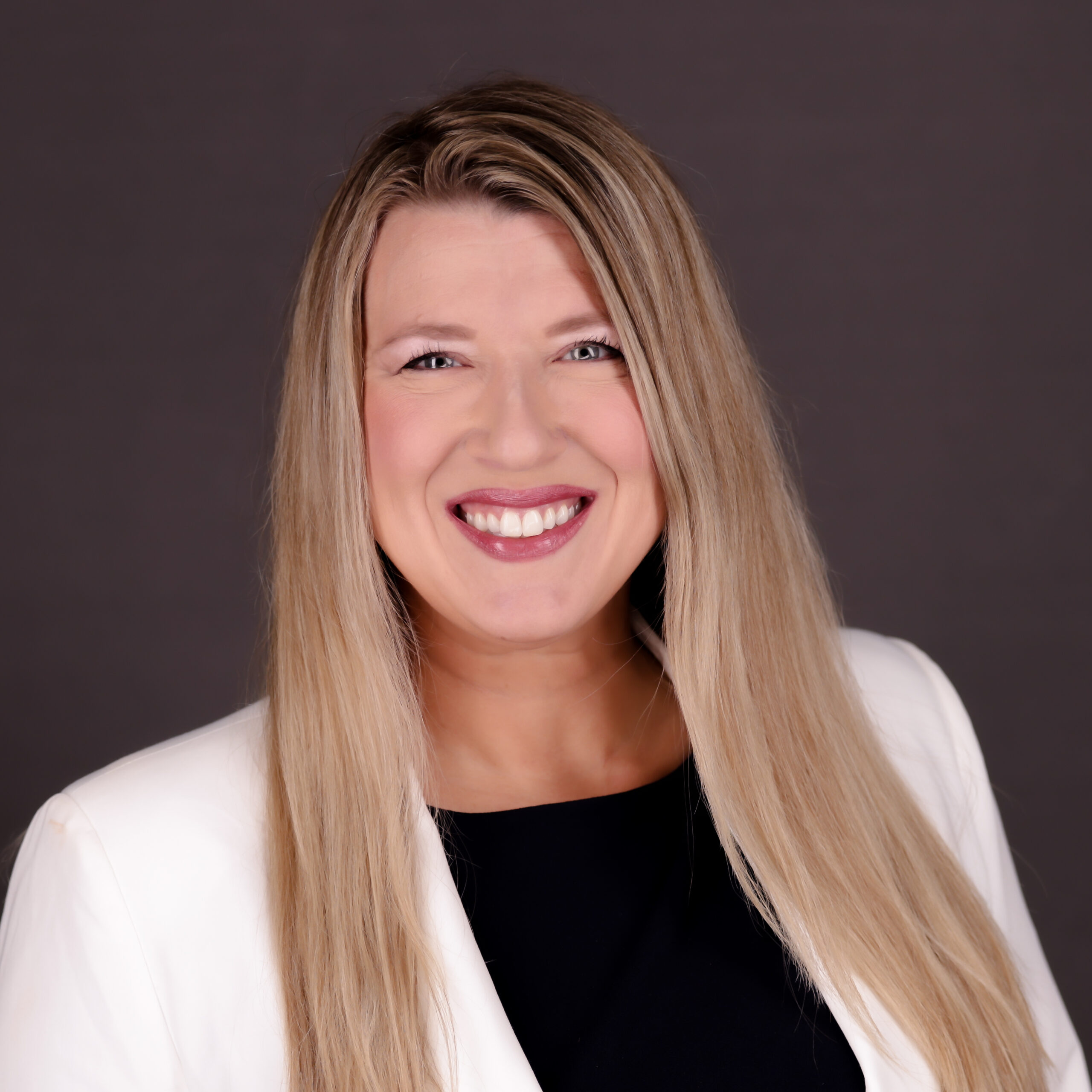The Key to Continuous Growth and Success with Sales Sensei Marjorie Dudley
In this episode of The Urban Income Show, Marjorie Dudley, an elite sales performance coach, shares her journey from graphic design to sales, emphasizing the importance of continuous learning, growth, and a strong mindset in achieving sales success. She also discusses the significance of sales leadership and the value of coaching. The conversation also covers the challenges faced by women in sales, the power of radical candor, and the importance of mentorship for young individuals. Marjorie also shares a personal story about her daughter’s entrepreneurial journey, highlighting the importance of teaching financial literacy to children.
With 20 years of experience, Marjorie excels in sales and new business development. Her journey began by selling books for the Southwestern Company during college. Marjorie specializes in cold calling, networking, revenue growth, and effective referral solicitation. She’s passionate about helping clients achieve their goals, using a proven five-step approach. Marjorie is dedicated to training sales professionals, managers, and entrepreneurs to boost their results systematically. Her clients range from multi-million dollar organizations to solo-preneurs, all striving to meet their strategic and revenue targets. She holds an MBA with honors from Willamette University and a BFA in Graphic Design from Western Michigan University. Here are a few of the topics we’ll discuss on this episode of The Urban Income Show:
- Importance of sales leaders being in the trenches with their team
- Continuous learning and growth in sales
- Mindset component in sales success
- Sales skills applicable in various roles and industries
- Importance of challenging oneself and seeking out difficult opportunities
- Importance of practice and improvement in sales
- Having a clear vision and being obsessed with goals
- Sales leadership and managing a sales team
- Challenges faced by women in sales and advice on navigating them
- Importance of mindset, growth, and seeking support in sales success
- Radical candor and reframing difficult situations
- Surrounding oneself with positive influences and learning from others’ stories
- Value of being a lifelong learner and utilizing free resources
- Importance of focus and clarity in achieving success
- Advice for young individuals, including seeking mentors and being entrepreneurial
Watch Marjorie Dudley’s Interview Shorts
Quotables from Marjorie Dudley:
12:03 – Marjorie Dudley: “We don’t grow when it’s easy, right? So I would challenge everybody like, are you really doing the hard thing? There’s a book called The Comfort Crisis. It kind of hit me like a ton of bricks. And he talked about how when things get easier and we’ve kind of got easy, most of us, I don’t want to over generalize, but most of us kind of easy lives. We go to the grocery store for our food, we turn the temperature up or down in our house. We have a car that gets us anywhere. And so for most of us, we’ve got it pretty easy. And he said, when we get used to things being easy, it’s not that we’re able to do more hard things. Our bar for what’s hard gets lower.”
15:30 – Marjorie Dudley: “We have a saying in our culture, in our company that says you can’t teach what you don’t know and you can’t lead where you won’t go. So one of the best things a sales leader can do is really be willing to be in the trenches with their team. That might look a little bit different based on the structure of different organizations. But how are you leading either what you know or getting to know what you’re leading? And how are you teaching from a place? Actually, you and I talked about this recently, like how are you teaching from a place of having actually done it and not just theory?”
17:07 – Marjorie Dudley: “If leaders come humble, if leaders lead from a place of example and then also leaders have to be hungry, you know, leaders actually have to be the hungriest person in the room. We have another kind of cliche saying, but it comes out a lot of my coaching calls that your people will do half what you do right and twice what you do wrong. So, kind of kids, too, right? We both have kids like you got to lead your kids from example, right? Nothing will humble you like parenting either. But if we are not the hungriest people in the room, we can’t expect our team to be hungrier than we are.”
18:16 – Lavall Chichester: “I think your advice is priceless. It has been priceless to me because when I met you, I was taking on, you know, my dream job of being a chief marketing officer. I was like, Oh, you know what? I’m a marketing guy. I know that, but I probably need a Sales-Sensei. So I work with you. And then I was working on my contract at the time with them and I was like, Hey, And you’re like, What else do you know? How about negotiation? And then, you know, you told me to really never split the difference. And then like, we practice our script. And that was the most uncomfortable thing in the world,like writing out a script, all that stuff And now I got the best result out of that.”
20:15 – Marjorie Dudley: “We talked about a process to follow for negotiation. But just like if you were on a, you know, football team and you guys learned a new play or if you were in a theater troupe and you got a new script, you’re not going to go out on stage or in game time and execute that thing flawlessly without practice. And I’ve coached a lot of people over the years and the amount of times that, you know, I’ve offered or worked with folks to say like, Hey, practice this conversation and record it, and then we’ll dissect and debrief it together. Like let’s actually script it out. Sometimes Scripts is a dirty four letter word for a lot of people in sales because I don’t want to sound like a robot. I’m like, The only way you don’t sound like a robot is if you practice.”
28:55 – Marjorie Dudley: “And so was it was that really cool epiphany that sometimes we need a coach because some things challenging, sometimes we need a coach because we need accountability. Sometimes we need a coach because, you know, we need to work on a particular skill set. But sometimes we need a coach because things are great and we need that outside perspective to go like, how can I get even better when things are great? During COVID, I was going to church in my living room, as probably many people did. And our priest was giving the sermon and he just said, we’re here to grow and serve. And it just hit me like a ton of bricks. if we’re just going along hunky dory without that growth, wherever you are just starting or the top of your field, what are you doing right now to grow?”
36:17 – Marjorie Dudley: “It was referenced in radical candor by Kim Scott and they talked about changing interview processes to do something that’s a blind process. So they specifically referenced an orchestra, I want to say, in New York. But when they started blind interviewing just on like a tape that someone sent in, not like of their playing, not of seeing the person, the number of females hired for the orchestra went up five fold. So this was just referenced in radical candor. So we know by things like that that there are biases that absolutely exist. What you have to do about it, I think it starts with doing whatever you can to surround yourself with people who have risen above that set of biases and circumstances.”
41:43 – Marjorie Dudley: “And the reality is, if you look at some of the most successful people in the world in the country, they’ve had some incredible obstacles that they’ve had to overcome. Right? Incredible obstacles. You look at, you know, love or hate the personalities of like Oprah, Tony Robbins or whoever, they’ve gone through some insanely difficult things in their life. There is power in that overcoming. So even shifting the lens. Tony Robbins always talks about reframing. It’s an NLP or neuro linguistic programming technique, but really reframing whatever is happening to you is actually happening for you. Now, that doesn’t mean everything is good, but what it means is good can come from everything.”
47:15 – Marjorie Dudley: “Focus and clarity is really the essence of all coaching. Whether you need accountability around that or, you know, some training. But it’s always getting focus and clarity so that you can because really humans are pretty smart, pretty powerful. But when we’re spread across a thousand different things, the distractions nowadays are more than they’ve ever been. We’re inundated with thoughts, with ideas, with tools, with things to do with activities, with, you know, all this stuff coaching should help you get focus. And when we have focus we have power just like if you were a little kid playing with a magnifying glass you could light something on fire with that magnifying glass because it’s now focusing.”
54:47 – Marjorie Dudley: “But if we can teach kids to invent, to create, to save, to invest. Right. Save, give, and invest, you can apply that to literally anything. In my mind is if she can learn the ins and outs of like starting a business, running a business, working hard for the money, seeing the value of a dollar, saving some money, donating some money. There’s a reason that some, you know, 40-50% of people are in debt in their forties and fifties. A certain number of people don’t even have money for retirement like sometimes we make really crappy choices with our money. I’m not sitting on some ivory tower like I’m perfect. I’ve made a ton, a ton and, a ton of money mistakes, But that would be the thing, like I want to teach my children to do better younger with their money.”
The Urban Income Show discusses topics on finances, business, entrepreneurship, and career growth with minority leaders. Watch and listen to The Urban Income Show on all podcast platforms.










